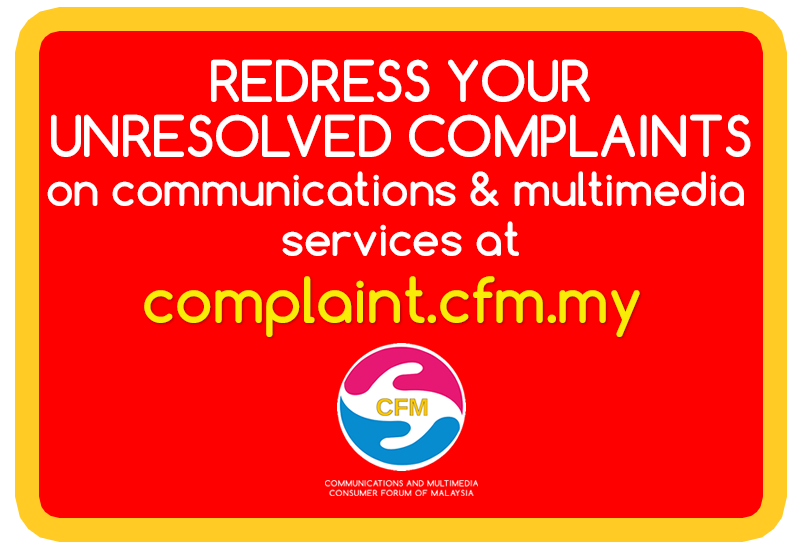Tips to Safeguard Against Scams while Online.
Scammers target from adults, age 17 years old to seniors because majority are more trusting and may not be as familiar with technology. Here are some tips to help you protect yourself from scams:
• Trust your instincts. If something feels wrong, it probably is. Don’t be afraid to say no or end a conversation if you feel uncomfortable.
• Educate yourself. Learn about common scams and how they work. The more you know, the better equipped you will be to spot a scam.
• Keep your personal information private. Don’t share important details such as bank account information, or other sensitive information with anyone you don’t know and trust.
• Verify requests. If someone asks you for money or personal information, verify the request with a trusted friend or family member before you do anything.
• Be wary of unsolicited communication. Don’t respond to emails, phone calls, or letters that you weren’t expecting. Scammers often use these methods to contact potential victims.
• Secure your devices. Use strong passwords and keep your software up to date. This will help protect your devices from malware and other security threats.
• Report scams. If you think you’ve been scammed, report it to the relevant authorities. This will help them track down the scammers and prevent others from being victimized.
Additional tips:
• Be careful about clicking on links in emails, text messages or any other communication platforms. Scammers often use these channels to take you to fake links and websites.
• Don’t share personal information (such as phone number and email address) on social media. Scammers can use this information to commit identity theft.
• Stay informed about the latest scams. Read articles about scams from reliable
sources and talk to your friends and family about them.
What to do if you think you’ve been scammed:
• Don’t panic. The first thing to do is stay calm. Panicking can lead to making rash decisions that could make the situation worse.
• Contact the authorities immediately and file a report with the National Scam Response Centre (NSRC) by dialling 997. Reporting the scam can aid in the investigation and potentially prevent others from falling victim.
• Protect yourself. Take steps to protect your financial and personal information. This may include changing passwords, closing accounts, and placing a fraud alert on your credit report. Remember, vigilance and caution are your best defences against scams and fraudsters seeking to take advantage of your trust and vulnerability. Stay informed, educate yourself, and share the knowledge/articles with your loved ones to create a protective shield against scams.














